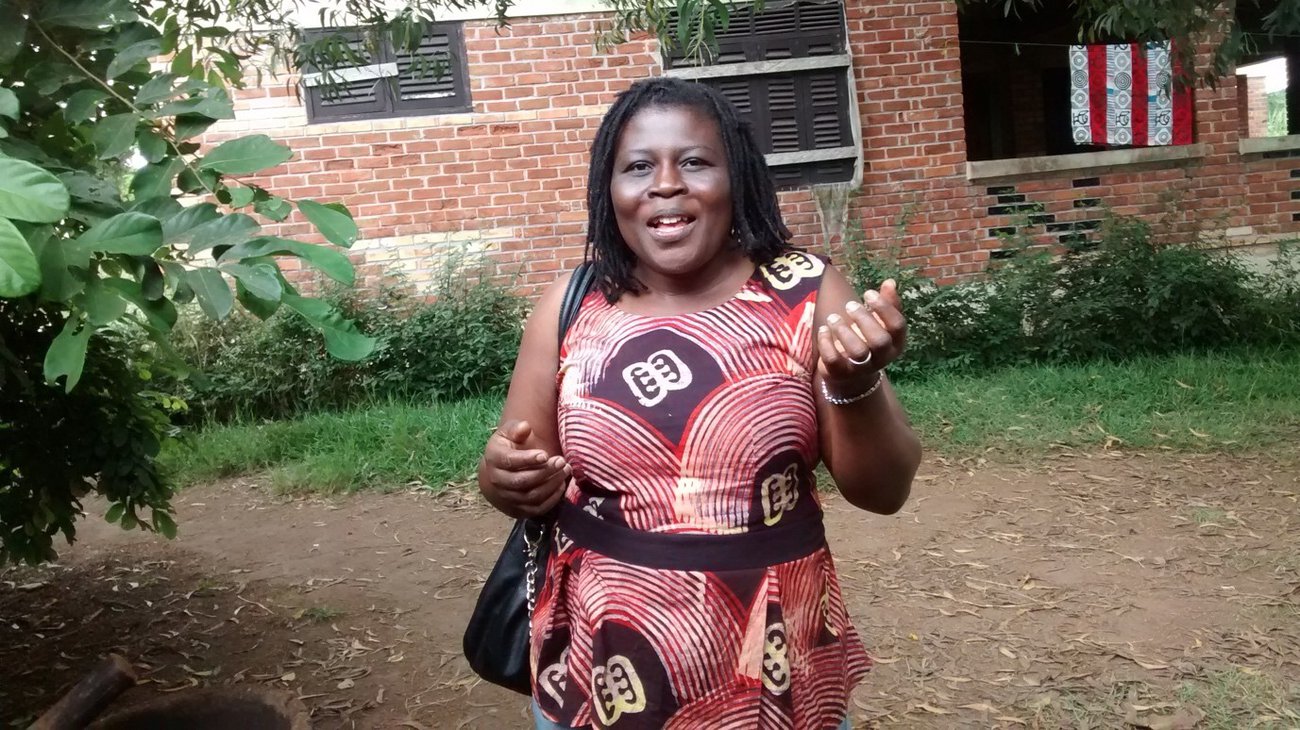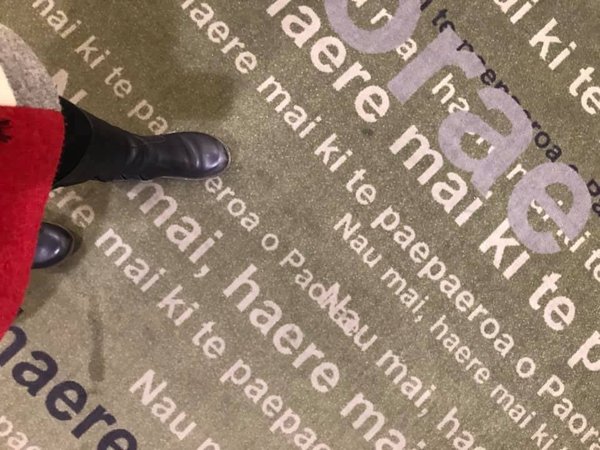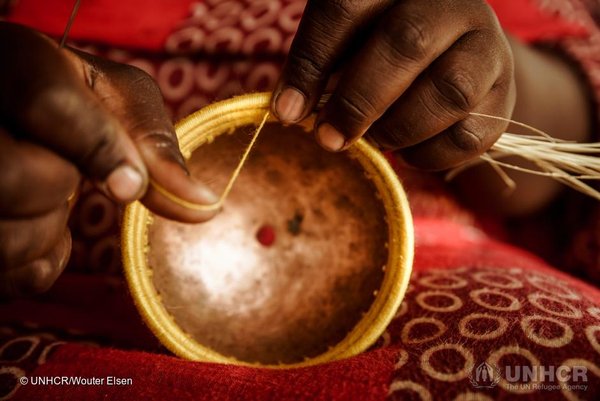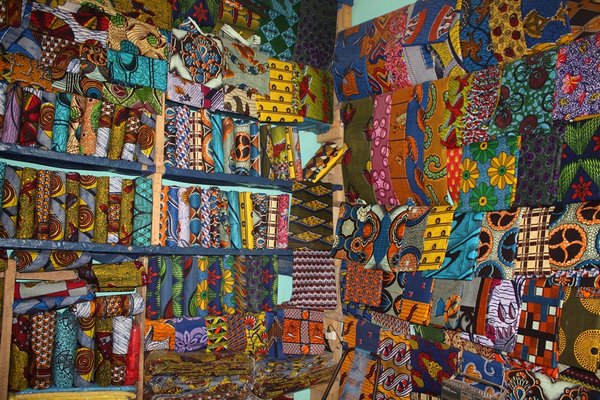
A kete or basket of knowledge. Alison Phipps with permission

Many assumptions are made about migration worldwide. Discourse and narrative relating to migration is often pernicious, erroneous and uses stock concepts. It is also based on partial knowledge filtered through the knowledge regimes of the Global North and the media of the Global North. This blog seeks to lay bare the normative assumptions in research and discourse about migration and to open up a stream of work whereby the causes and effects of these discourses and inequalities in knowledge production relating to migration and development in the South and in the North, can be interrogated.
Normative claims about knowledge
There are a number of normative claims about knowledge which are apparent within MIDEQ, and which have influenced the formation of the Hub and the Hubs in general as funded by the Global Challenge Research Fund in the UK:
- There is a primary, structural and politically normative assumption that expert knowledge and interdisciplinary teams, funded extensively and through overseas aid monies, which has overtly political aims in the UK, will make a difference to ‘global challenges’ and to the achievement of the ‘Global Goals’. In MIDEQ this translates into the achievement of the SDGs we have collectively identified as primary for our purposes. This difference may be through pursuance of these political aims or through their direct resistance and a continuum between;
- There is a strong common theme running through all of the Theories of Change (ToC) from each country, corridor and work package and from our international partners, that ‘narrative change’ is required around migration and around South-South migration;
- There is a normative assumption in the ToCs that narrative change will come from policy engagement through the presentation of data to policy makers and that the change in education and knowledge, through capacitation on various levels, will also change the narrative around migration
- There is a normative assumption that individual disciplines are insufficient to the task of ‘changing the narrative’ or improving outcomes for migrants. The focus on interdisciplinarity brings with it the assumption that migration studies, ICT, cultural studies, economics, law, geography, anthropology etc are insufficient in and of themselves to change the narrative and improve outcomes for migrants;
- There is a view that migration studies, through its dominant focus on outcomes from migrants in the Global North, is compromised when it comes to researching South-South migration. This is attributed, among other structural concerns, to colonial forms of knowledge production and a political economy of knowledge production which has privileged certain theoretical, methodological and conceptual approaches to migration, in the world’s dominant and imperial languages;
- There are normative assumptions derived from capitalism relating to ‘ownerships’ of knowledge and data and to its production, derived from socio-legal frameworks with UK legal institutional frameworks;
- There is a normative assumption that ‘capacitating’ scholarship in the ‘Global South’ with knowledge production resources from the ‘Global North’ will enable equitable research without a concomitant questioning of the ends served by knowledge production regimes in the Global North or the historical roots of the disciplines, in exploitation of the Global South;
- There is a normative assumption in migration research that migrants are framed as in material need and through a deficit lens. Without a discursive, conceptual and phenomenological shift, using narrative, indigenous and multilingual resources, this will continue and the dominant paradigm will be entrenched. A shift to models of possibility and potentiality will also for non-material and intangible cultural dimensions of resistance, vision and agency to come to the fore in South-South migration scholarships, including a focus on facilities, services, income and drawing also on human ecological indicators of integration for those who ‘dare to migrate’.
- Historical framings are significant. How did the dominance of Global North perspectives come about and how might this be interrogated, explained and changed? What must be done to enable a different focus within the Global South, one which is not pushed to mimic the concerns of the North, and works in favour of the migrants in the Global South. What are the interests of the Global South in migration? What kinds of capital and distinction is in play?
- Finally, there is a normative assumption that decolonising, decentring and working towards equity in knowledge production, and in reparative and redistributive ends for scholarship, with attention to representation and to privileging voices from and in the South, will lead to better scholarship, more accurate or representative knowledge production and better outcomes from migrants, as well as to narrative change.
The list of assumptions could, and no doubt will, be extended and be contested. There is and should be no unified view of knowledge, or disciplinary narrative on migration from within the MIDEQ Hub. Such is the nature of academic freedom: to debate, contest, deconstruct and consider the way in which evidence and data are produced, constructed, cast and deployed and who they may serve and why.
Addressing paradox in knowledge production
It is therefore important as part of the development of the work of the Hub and its ways of representing the problematic origins and competing knowledge assumptions, that the bold statements about our work as ‘interdisciplinary’ or ‘southern’, as ‘decolonising’ or ‘decentering’ can be robustly critiqued but also given space to change and develop. As part of this it may be necessary to track back on paths taken and work through inherent paradoxes. What counts as ‘good’ or ‘equitable’ scholarship will look different in different contexts and different frames. There is no ‘pure’, decolonised’ knowledge production. Much of what counts as ‘southern epistemology’ is produced out of and through what are genealogically northern knowledge production institutions and regimes, and infrastructures. The idea of disciplinary purity or mono-disciplinary knowledge (as opposed to multi- inter- and trans- disciplinary knowledge) is a chimera. The work of scholars including Bourdieu (1998) roundly destroyed the myths of disinterested scholarship or knowledge production within the academy.
From multidisciplinary knowledge to interdisciplinary knowledge
At best, by the middle of 2021, we can suggest that the work of the Hub is largely multidisciplinary research which is uncovering the extent of the dominance of modes of knowledge production which have led to certain leading metaphors, concepts, methodologies and modes of furthering disciplines and political economies of knowledge with the field of the study of migratory forms.
The multidisciplinary migration research, organised in corridors and work packages, follows largely disciplinary trajectories and meets in multidisciplinary streams of work. The survey framing and critical interrogation thereof, alongside meta interviews with enumerators and interviewers engaged in qualitative fieldwork can help uncover some of the politics of knowledge and assumptions unpinning these. Here we might find the larger meanings and quests for peace, through conflict. Within this methodological conundrum there is an important and paradoxical site of knowledge production and power at play between what constitutes the subjective and objective fields of research. The UKRI funded cuts have sliced through both and also through the practice-led approaches which are able to work with paradox, contradiction, anomaly and puzzle or clue to shift discursive space until new paradigms form from such expansion or contraction in the comforts and discomforts of creativity.
To move from the multidisciplinary toward interdisciplinary knowledge production requires time, the learning of different methodologies, different approaches to knowledge construction, respect of expertise and data from different fields. This does not simply happen over time but requires patience with what can be difficult or even contradictory forms of knowledge or ways of operating, it requires attention to those disciplines which are marginalised and those forms of knowledge production which dominant, in similar ways to the attention of the North/South/race/gender/class lens which allow us to see and experience inequality in different ways.
To enable discussion and movement towards interdisciplinarity, from the multidisciplinary corridors of our research, is not necessarily the primary in the interest of scholars in specific disciplines. For questions of inequality in South-South migration to be answered holistically the conversations and academic debates, which adopt different conceptualisations, idioms, discourses and modes of knowledge production, such questions need to be entertained - and entertainable.



